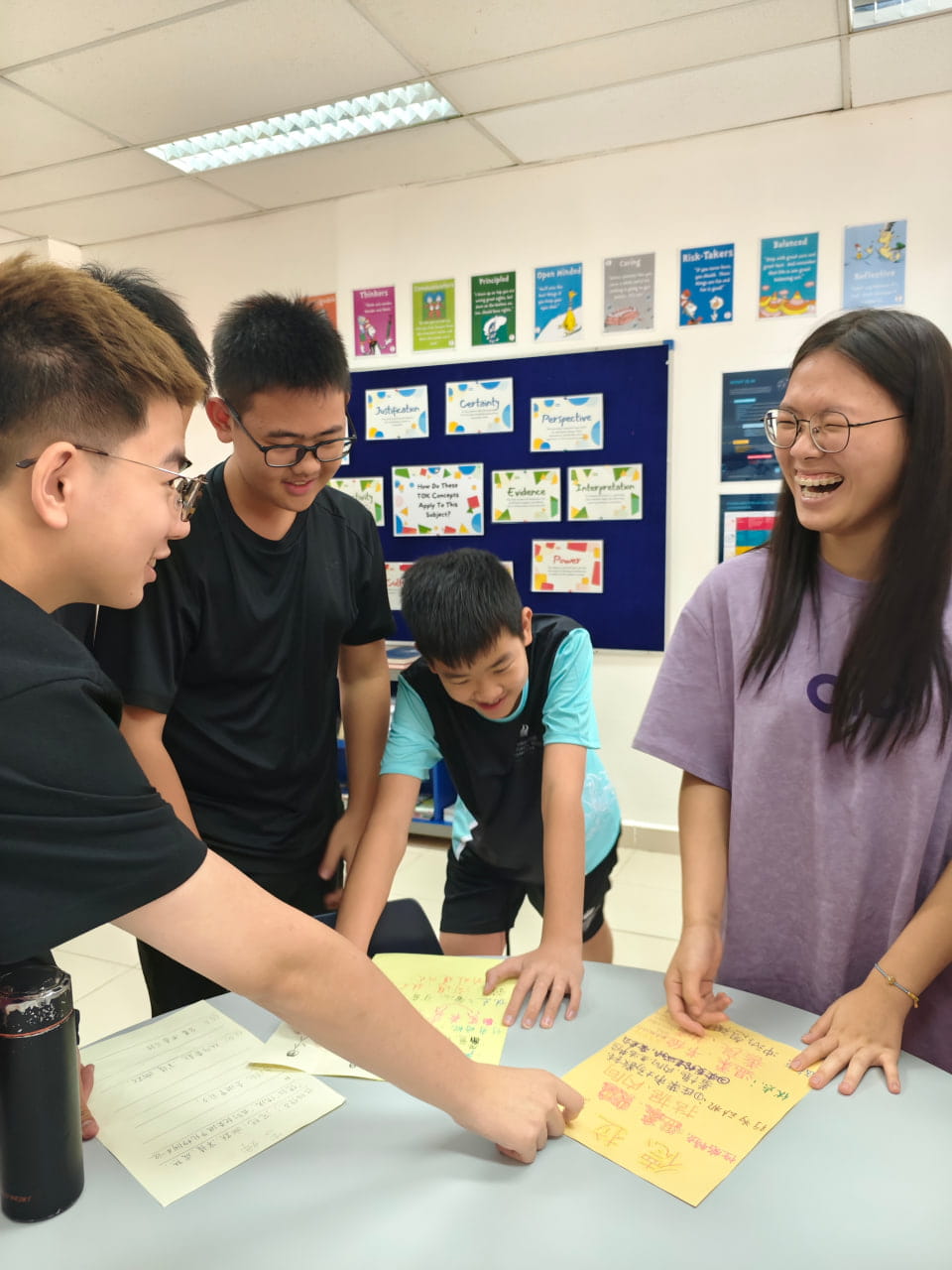Amplifying Voices
This student's message resonated deeply with his same-age peers. Far from a polished performance, his authenticity struck a chord, portraying a young man unmasking societal prejudices and championing a cause close to his heart. His decision to speak out was met with both admiration and apprehension, exemplifying the complexities that come with advocating for inclusivity.
The student’s voice was gentle, but his message was loud and clear: Neurodiversity.
This topic is often perceived as too technical, abstract, or provocative, but the student pressed on and shared his story. A week later, he was given the platform to speak to Primary and Secondary teachers. His goal wasn’t to be the expert in the auditorium. He only hoped that the community would get curious and start talking about it, positive that it would promote a culture of inclusivity and compassion. This student-led presentation highlighted the power of individual voices.
This narrative serves as a reminder of the transformative power of individual stories in driving collective change.
The Uniqueness of Every Mind
Neurodiversity, though a relatively new term, is as old as humanity itself. Just as we celebrate our differences in gender, race, culture, and background, neurodiversity acknowledges the inherent variation in human thinking. Just as everyone differs in physical appearance, so too do our thinking processes and learning styles vary.
At our school, our students are awakening to the realities of an increasingly diverse world. We are beginning to empower all learners – "neurotypical," aligning with conventional learning methods, or "neurodivergent," diverging from these norms. Acknowledging these distinctions is vital in creating an environment where every mind is valued.
Consider this, a student with autism may excel in logical reasoning but struggle with social nuances, while a student with ADHD might exhibit bursts of hyperfocus alongside difficulties in task completion. Identifying these unique traits help teachers cater to individual learning styles and promote success for all students.
Why It Matters to Parents
The journey towards understanding a child's unique neurodivergent traits often begins with discussions around academic or social challenges. Parents may initially struggle to comprehend these issues, leading to denial or attempts to downplay the issues rather than addressing them directly.
Recognizing and accepting neurodivergence, such as dyslexia, autism, or ADHD, is crucial for empowering students to succeed. By asking questions, seeking information, and maintaining a positive attitude, parents can create a supportive environment that allows their child to develop important life skills.
Concerns about how a neurodivergent diagnosis might affect future educational opportunities, including tertiary education and university applications, can also weigh heavily on parents' minds, along with worries about labeling and potential segregation.
However, a school's request for a diagnosis is not intended to label or stigmatize the child but rather to begin collaborative support efforts between the school and parents. A diagnosis can provide access to specialized support services and resources that can significantly enhance the child's learning experience.
Collaboration between parents and schools is key to facilitating personalized support plans and educational pathways tailored to the child's strengths and challenges. Seeking diagnostic information should be viewed as an opportunity, rather than a restriction.
By becoming neurodiversity allies, parents and school can engage in meaningful dialogue, mutual respect and holistic learning experiences, creating a supportive environment where every child feels accepted and valued for who they are.






